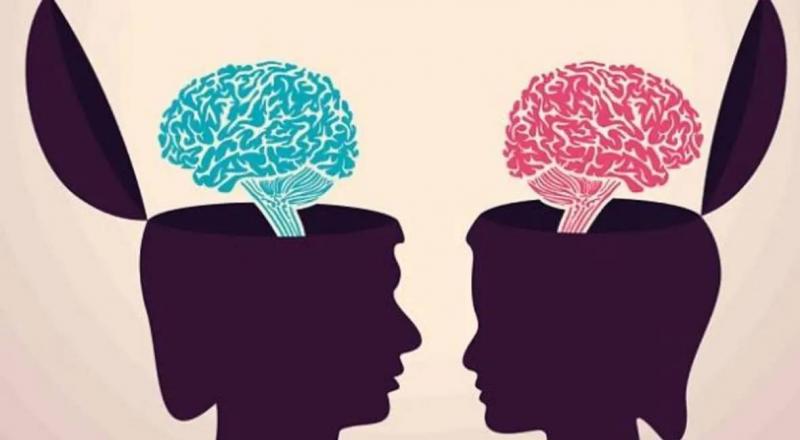Parents generally overestimate their sons' math skills compared to daughters, according to new research that suggests “gender stereotypes at home may hinder female students' progress.” The findings, presented in a lecture at University College London this week and highlighted by the British newspaper "Guardian," reveal that parents tend to be overly confident about their children's academic performance in some subjects regardless of gender, but specifically in mathematics, they overestimate their sons' abilities much more than their daughters'.
Valentina Toney, an economist at the University of Southampton, stated: "We sometimes hear that girls do not like mathematics, but what has been done to find out why they don’t like this subject? I am fully convinced that this does not mean that girls hate mathematics, but rather it is the result of years of exposure to stereotypes."
"Guardian" revealed that there is still a significant gender gap in mathematics, physics, and engineering, with female students making up only 23 percent of those achieving A-levels in physics and 37 percent in mathematics in the United Kingdom. The recent research suggests that “parental bias may play a role in widening this gap.”
Previous studies have also found that teachers expect girls to perform at a lower level in mathematics compared to boys and grade them accordingly. Toney explained: "Parents need clear and objective information about skills and abilities to support their children in the best way. Many biases are unhealthy, so we need to act early in their lives."
She added: "The more parents overestimate, the higher their children's skills are." The research also found that parental bias can impact a child's educational path.




